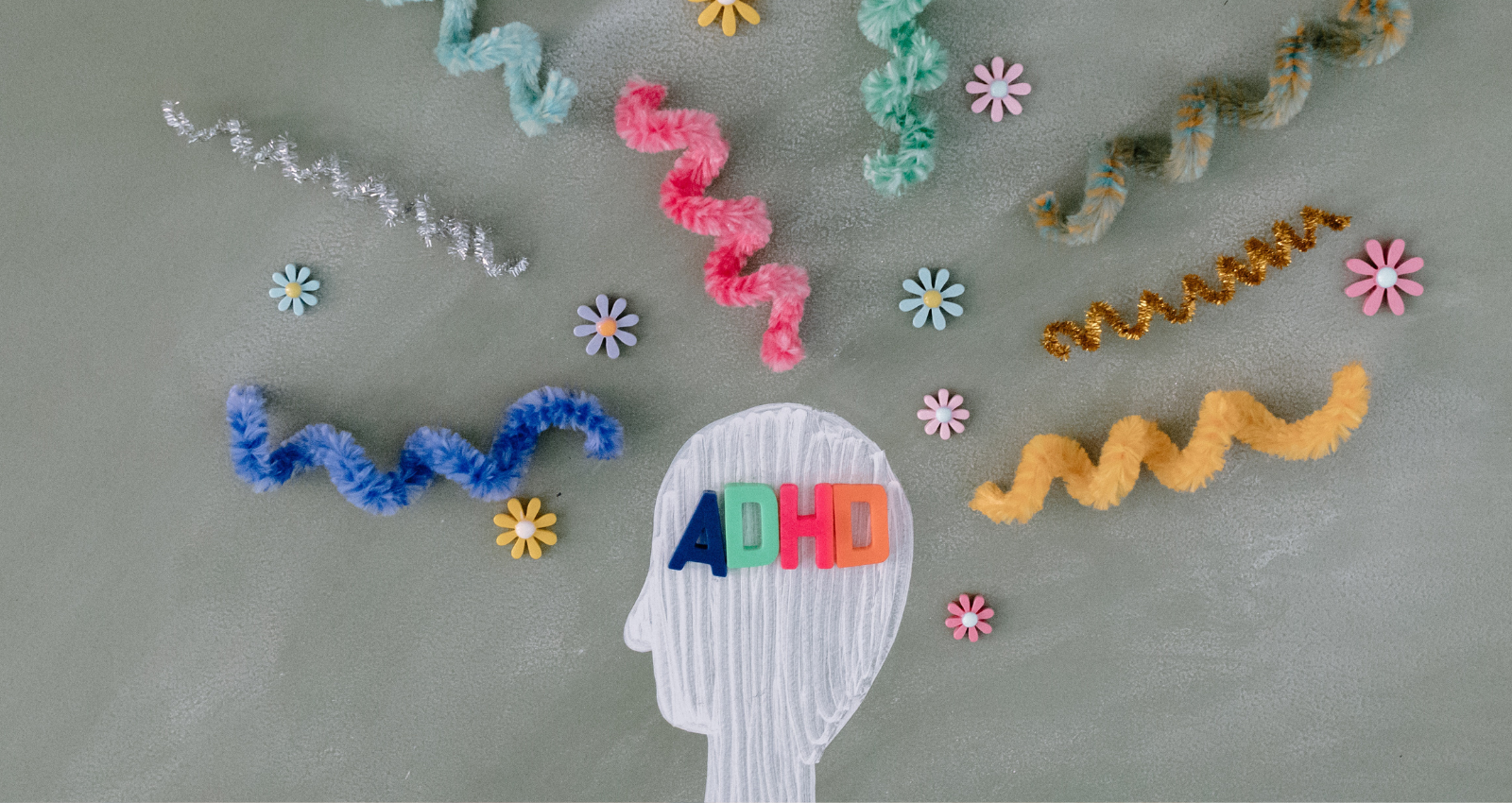
How to support a child with ADHD
What is ADHD (Attention deficit hyperactivity disorder)?
Attention deficit hyperactivity disorder (ADHD) is a condition that affects behaviour resulting in difficulties concentrating, restlessness and impulsiveness. It can also be linked to sleep and anxiety disorders. It’s therefore not surprising that looking after a child with ADHD can be challenging for parents and coping with ADHD can be difficult for the child with the condition. It’s important that your child gets the right support at home and at school so that the condition can be managed. In this blog, we aim to give you some ADHD parenting tips that we hope will help make life easier.
Ways to cope for parents of children with ADHD
- Plan your days by Creating and providing a structure
Children with ADHD find it difficult to focus and can be distracted easily. Providing a structure every day can be helpful as it can reduce anxiety, creates routine, and may limit sudden distractions. There are lots of ways that you can create structure, for example, you could use a calendar or ‘now and next’ board, you can create daily routines and chores to be carried out around the house.
- Break down tasks and give clear instructions
As well as creating structure, you should break down tasks for your child, otherwise they can feel overwhelming and unachievable. Simplifying tasks will make doing them a lot easier for your child, for example if you have asked them to tidy their bedroom break it down in to small tasks like putting toys away and making their bed. Make sure you explain the reason for doing the task so that they understand and any worries are alleviated.
- Praise your child and remain positive
Never underestimate the benefits of praising your child. It’s an all-round good thing to do. Reinforcing good behaviour with praise provides your child with encouragement and helps them to understand acceptable behaviours. If your child reacts well to rewards, reward charts can also be helpful. Make sure you avoid negative language.
- Discipline your child with understanding and purpose
Don’t discipline your child for behaviour that they are unable to control. If they do something that that is wrong explain to them why it is wrong and what the consequence is. Praise and reward charts can be helpful in correcting bad behaviour and is often a better solution than punishing as it is more supportive.

- Make sure your child gets lots of exercise
Exercise is good for all children, but for children with ADHD it can be particularly beneficial in helping them to manage their symptoms. Exercise can help children to focus and concentrate as well as lift their mood. It can also help them to sleep better. There are lots of ways that your child can exercise, from going for a walk, playing a sport, dancing around the living room or jumping on a trampoline. The options are endless.
- Have a good sleep routine
Sleep problems are common in children with ADHD and although they can’t be prevented, having a good sleep routine is helpful. This means having a quiet, screen-free time before bedtime and avoiding sugar and caffeine a few hours before going to sleep. You should avoid stimulating activities on the lead up to bedtime and make the bedroom a calming environment.
Creating a bedtime routine is good idea so that your child knows what to expect every day.
Discipling child with ADHD
- Pick your battles and seek support, if needed
Remember it is not easy being a parent, particularly to a child who is hyperactive and impulsive. Pick your battles. Some days will be better than others and sometimes you need to focus on the little wins.
If you need support – for yourself or your child – remember to speak to your GP. Speaking to parents who walk similar paths is also helpful.

